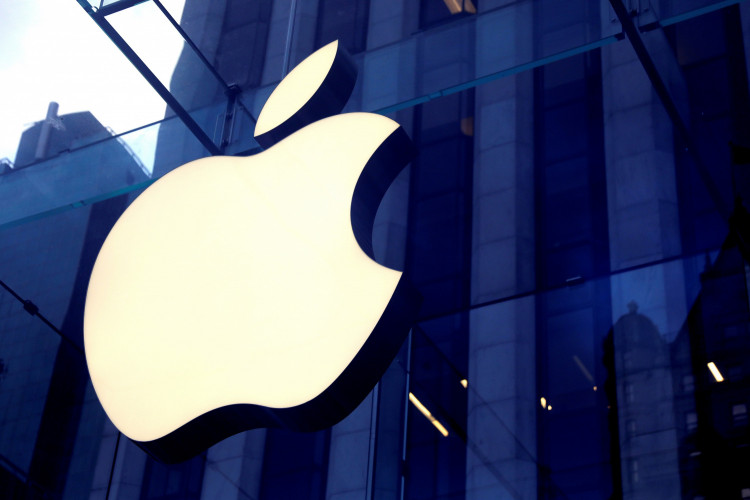The United States Justice Department, under the guidance of Assistant Attorney General for Antitrust Jonathan Kanter, has initiated a formidable legal challenge against Apple Inc. The lawsuit accuses the tech behemoth of employing anticompetitive tactics to dominate the smartphone market, raising serious concerns about the implications for innovation and consumer choice. Kanter, speaking on CNBC's "Squawk Box," emphasized the importance of competition, stating, "Competition on the merits is good for everybody. Good for business. Good for consumers. It's good for the economy."
The crux of the government's case centers on allegations that Apple has systematically abused its control over the iPhone ecosystem to stifle competition and maintain its market dominance. According to the 88-page complaint filed in a federal court in New Jersey, alongside 16 state attorneys general, Apple is accused of implementing a series of restrictive practices aimed at locking in customers and developers, thereby inflating costs and curbing technological advancement.
Apple's response to the lawsuit was swift and unyielding, with the company vowing to "vigorously" defend itself against the claims. In a statement, Apple contended that the lawsuit "threatens who we are" and warned of setting a "dangerous precedent." Despite the company's rebuttal, the announcement of the legal action led to a noticeable dip in Apple shares, reflecting investor apprehension about the potential ramifications of this high-stakes antitrust battle.
At the heart of the Justice Department's argument is the assertion that Apple's monopolistic behavior extends beyond merely outperforming competitors on merit. Attorney General Merrick Garland highlighted this point, stating, "Customers should not have to pay higher prices because companies break the law." The complaint details various ways in which Apple allegedly leveraged its app review process and control over hardware and software integrations to disadvantage rival products and services.
The legal challenge against Apple marks a significant moment in the broader context of the U.S. government's scrutiny of major tech giants. With similar lawsuits already targeting companies like Google, Meta, and Amazon, the action against Apple signifies a concerted effort to address potential abuses of market power within the technology sector.
Experts, such as Bill Baer, a visiting fellow at Brookings and a former anti-trust official, suggest that the case's outcome will hinge on the motivation behind Apple's contested practices. If it is determined that these actions were taken solely to limit competition and cement Apple's monopoly, it could have profound implications for the company's future operations.
Rebecca Allensworth, a professor at Vanderbilt University, described the case as "a blockbuster," emphasizing its focus on enhancing interoperability among smartphones and promoting greater access to technology and software for consumers and businesses alike.
The lawsuit arrives amid a growing legal backlash against Apple, with the company already embroiled in various disputes, including a high-profile case with Epic Games and a recent €1.8bn fine from the European Union for anticompetitive behavior in music streaming. Anat Alon-Beck, a business law professor, remarked on the comprehensive nature of the DOJ's lawsuit, suggesting that it addresses core unfair practices that extend beyond the App Store fees.






